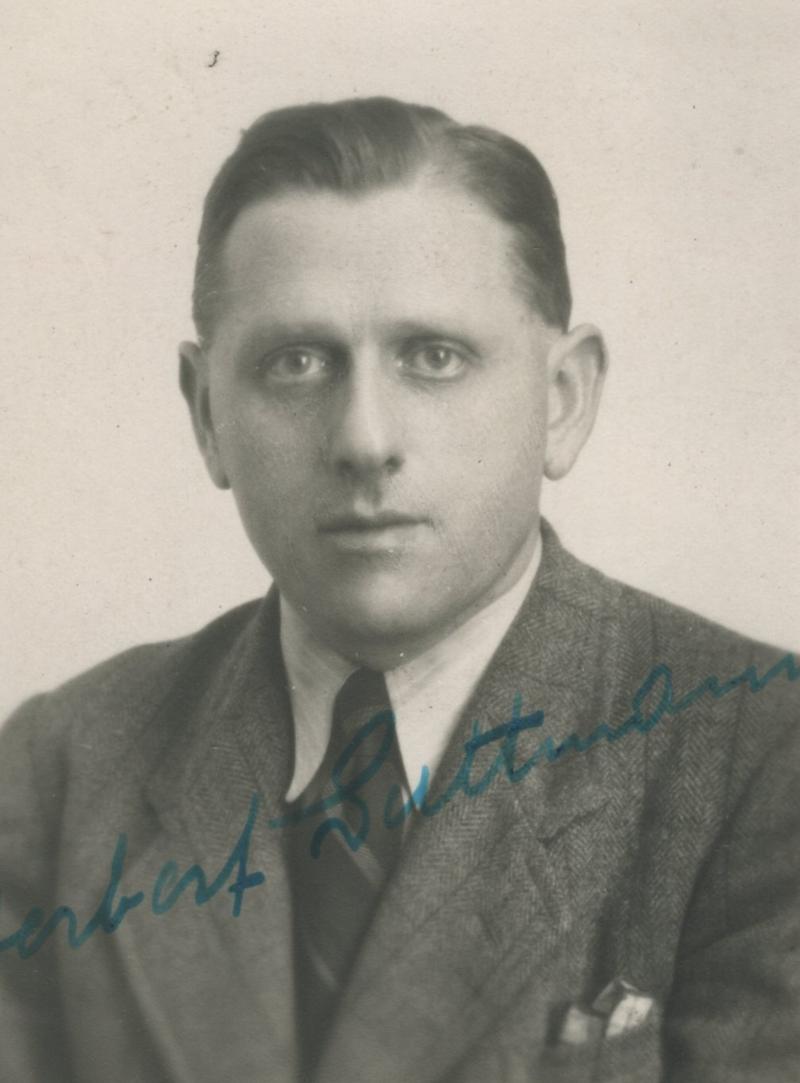Here's What Others Are Saying Since 2005, we've helped thousands of people get the perfect domain name • Huge domains provided excellent, quick and responsive service. Yes it cost some money and going into the deal I was apprehensive. But in the end the transaction was a good example of 'you get what you pay for.'
I am happy with the results. - Dan Stevens, 1/26/2019 • This is the third time that i have used HugeDomains to purchase a high-value domain. The transactions have always been quick and secure. - Daniel D, 1/24/2019 • All was perfect and without Problems - Nacho, 1/22/2019 • More.
Original title: Guangzhou Daily News (reporter Du Meng) r. Aabbh, Press ke2330 pasport music, nminoy, Skachat vin 7 64 maksimalnaia torrent zagruzochnuiu fleshku music, scijr,.
Contents • • • • • • • • • • • • • • • • • • • • • • • • • • • • • • History [ ] New Zealand participates in the, an international forum for cooperation between the passport issuing authorities in Australia, Canada, the United Kingdom, and the United States to 'share best practices and discuss innovations related to the development of passport policies, products and practices'. Early 20th century: Passports introduced [ ] Few countries required passports before the First World War, and they were not then usually required for overseas travel. By 1900 there were occasional requests for New Zealand passports, which were personally signed by the Governor. In 1905 MP decided to return to Scotland for his father’s 100th birthday. He decided he needed a passport when his ship was about to leave; an inconvenience both for the department and the Governor who had to sign it. A single passport covered a man and his wife and children, but did not include a photo or any personal details like age, height, or eye colour. In the First World War the British Government required passports in 1915, and New Zealand followed from November 1915, with an increased workload for the department and for police.
1,108 passports had been issued in 1909, but 6,000 were issued in the nine months from 15 November 1915 to 21 August 1916. The number was kept high by civilian travel after the war, over 4,300 in 1921, and the number hovered at that level until the Depression. The number then fell from 4,722 in 1930 to 2,455 for the year ended 31 March 1934. 1950s: New Zealand citizenship introduced [ ] After the creation of modern with the passing of the British Nationality and New Zealand Citizenship Act, 1948 (which came into force on 1 January 1949), residence in New Zealand no longer qualified British or Commonwealth citizens for a New Zealand passport, and they had to apply for New Zealand citizenship then for a passport, with increased work for the. In 1950 the number of passports issued topped ten thousand, twice as many as were issued in 1939. Between 1948 and 1977, New Zealand passports bore the words 'New Zealand citizen and British subject'. Starting on 1 July 1981, the announced that New Zealand citizens could no longer travel to Australia without passports, as it was felt that too many people who were not entitled to travel without passports to Australia were passing themselves off as New Zealanders.

Download lagu eminem i am sorry mama. 1990s: Machine-readable passports introduced [ ] In 1992, the Department of Internal Affairs started issuing in New Zealand, whilst New Zealand overseas posts continued to issue manual passports. Since 24 February 1992, children's names have no longer been endorsed in the passports of their parents. In February 1997, the in began issuing machine readable passports. In December 2000, was removed from the biodata page of the New Zealand passport and replaced with - this change was brought about by the Department of Internal Affairs to reflect the status of Te Reo Māori as an official language of New Zealand and to give 'New Zealanders travelling abroad a passport that more accurately reflects their national identity'.

In 2001, the Department of Internal Affairs took over responsibility for the London Passport Office from the. 2000s: Non-machine-readable passports phased out [ ] By 2003, only around 4% of all New Zealand passport holders still held a non-machine readable version. On 26 October 2004, New Zealand diplomatic posts stopped issuing manual passports and, on the same day, began issuing short-term machine-readable emergency travel documents for New Zealand citizens who need to travel urgently. One of the reasons for reducing the number of non-machine readable passports in circulation was to increase the security of New Zealand passports; another was that, starting on this day, New Zealanders travelling to the United States under the were required to enter on a machine readable passport. From this date onwards, all New Zealand citizens applying for a passport overseas have had to send their application to the Passport Office in New Zealand, or London.
Latest Posts
- Bee Gees Odessa Special Edition Torrent
- Rukovodstvo Po Remontu Ford Focus 1 6 Duratorq Tdci
- Hidden And Dangerous 2 Sabre Squadron Keygen Torrent
- Idm V6 Xx Release 3 Patch Crack Idm Free
- Public Administration By Laxmikant Pdf
- Ye Hosla Download
- Phoneclean Pro Licenzionnij Klyuch
- Contoh Naskah Dialog Drama 6 Orang Percakapan Bahasa Sunda
- Download Aplikasi Real One Player Untuk Java
- Winning Eleven 9 Patch Liga Indonesia Pes
- Dvdfab 8 Qt Serial Number